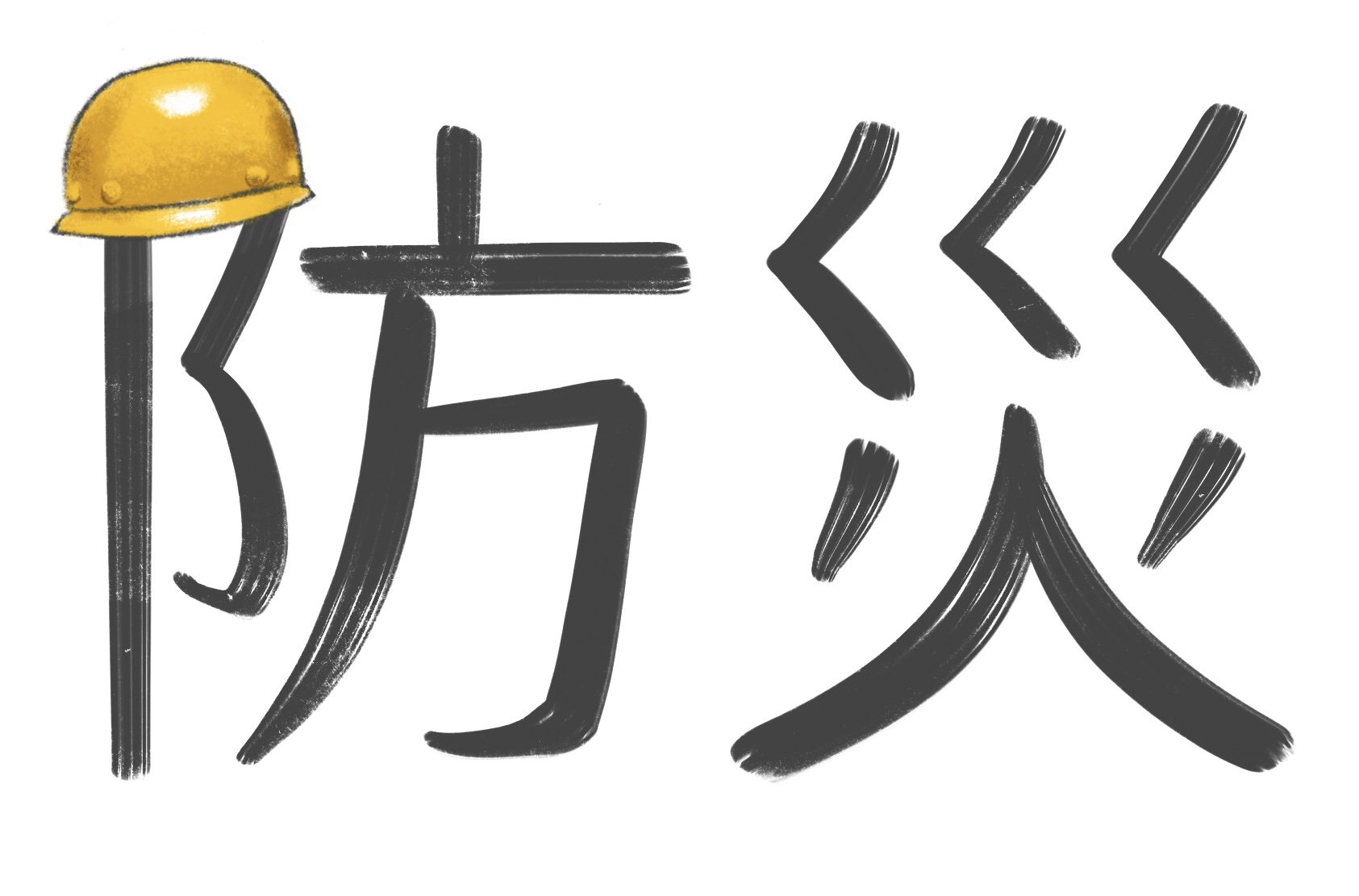February 19, 2019
Word Wise: Safety First
By Richard Medhurst
Japan is particularly prone to disasters, and 2018 was no exception, to the point that 災 was chosen as the kanji of the year. The country tackles this perennial problem with 防災 practices aimed at reducing the harm that disasters cause. While the English-speaking world also has such measures, there is a range of terms that may be used to cover the same ground as the commonly used 防災.
A government pamphlet (p.8) handily lines up several of the terms that translators regularly reach for to translate 防災, in stating that Japan’s “disaster management system” or 防災体制 “addresses all of the disaster phases of prevention, mitigation and preparedness, emergency response as well as recovery and rehabilitation.” For me, “disaster management” can be a good overall choice, although disaster “mitigation” and “preparedness” (or “preparation”) are a better fit when the emphasis, as often, is on action in advance.
I’m not very keen on the often-used “disaster prevention.” While I can accept that some disasters—notably landslides and flooding—can be prevented, it seems an overstatement as a catch-all term. “Disaster response” is a well-established English term that can sometimes work. 防災 does generally imply actions taken before rather than after a disaster, but that line can be blurred as earlier planning dictates later operations. Other possibilities to consider are “disaster risk reduction” or “disaster risk management.”
With such a common term, I’m sure many translators have their individual preferences. Let others know what you favour or give any other feedback by contacting SWET or commenting on the SWET Facebook page.
Illustration: Stuart Ayre

Comments:
There are no comments for this article yet.
Add your comment:
If you are a SWET member, log in to post a comment immediately. Comments are moderated for non-members.